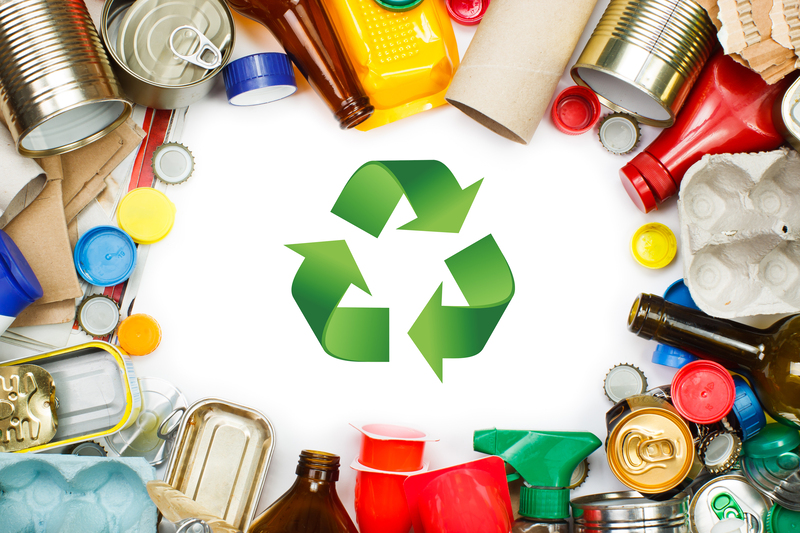Effective Reduction of Manufacturing Waste Made Simple
In the ever-evolving world of manufacturing, reducing waste is not just an option; it is a necessity. Not only is it critical for the environment, but it also plays a significant role in optimizing production costs. This article sheds light on simple yet effective strategies to minimize manufacturing waste while enhancing productivity.
Understanding Manufacturing Waste
Manufacturing waste refers to any material or resource that is produced in excess and is not used effectively in the production process. It encompasses an array of forms, from raw materials to time and even energy. The impact of waste transcends environmental concerns, often translating into unnecessary expenses and inefficiencies within a manufacturing facility.
Types of Manufacturing Waste
- Material Waste: Surplus raw materials or defective goods.
- Time Waste: Idle time due to inefficient processes.
- Energy Waste: Excessive use of power or resources.
- Transportation Waste: Unnecessary movement of products and materials.
- Defects: Errors or low-quality products that do not meet the standards.


Strategies for Waste Reduction
Companies can adopt various strategies to reduce waste effectively. Implementing these measures not only aids in maintaining sustainability but also streamlines operational processes.
Lean Manufacturing
Lean manufacturing focuses on minimizing waste without compromising production quality. It is based on several core principles:
- Eliminating non-value-added activities.
- Enhancing workflow efficiency.
- Improving product quality.
- Fostering a continuous improvement culture.
For instance, Toyota's renowned production system is a prime example of lean manufacturing in action. By continually assessing processes, they have eliminated numerous forms of waste, setting industry standards worldwide.
Utilizing Technology and Automation
Incorporating advanced technology and automation into manufacturing processes can significantly aid in waste reduction. Here's how:
- Precision in Manufacturing: Automation reduces human error, ensuring precise measurements and accuracy.
- Real-time Data Analysis: Allows for the monitoring of production lines and quick identification of inefficiencies.
- Predictive Maintenance: Machines equipped with IoT devices can predict failures, reducing downtime and resource wastage.
By leveraging technological advancements, manufacturers can streamline processes, enhance productivity, and effectively reduce waste.
Efficient Resource Management
Resource management is crucial for reducing manufacturing waste. This involves:
- Optimizing Inventory: Maintain an inventory that balances demand while minimizing excess.
- Recycling and Reusing Materials: Incorporate practices such as recycling scrap and reusing offcut materials.
- Implementing Waste Segregation Practices: Classify waste streams for more efficient management and processing.
Efficient management of resources not only reduces material wastage but also contributes to significant cost savings in the long term.
Employee Training and Engagement
Employees play a vital role in the manufacturing process, and their behavior directly impacts waste production. Providing comprehensive training on waste reduction techniques ensures that everyone is aligned with the organization's sustainability goals. Key aspects include:
- Equipping employees with the knowledge and skills necessary to identify and minimize waste within their operations.
- Encouraging a culture of sustainable practices and proactive problem-solving.
- Incentivizing employees who contribute innovative ideas for reducing waste.
Engaged and well-trained employees can significantly contribute to the overall waste reduction efforts within a manufacturing plant.
Monitor, Evaluate, and Adjust
Continuous monitoring and evaluation of processes are essential to measure the effectiveness of waste reduction strategies. By analyzing production data and performance metrics, manufacturers can identify potential areas for improvement. Regular assessments ensure that waste reduction remains a dynamic aspect of the production process rather than a static achievement.
Businesses should remain flexible and willing to adjust their strategies based on evolving industry standards, technological advancements, and feedback from employees. Being adaptive allows for ongoing improvement and sustained efficiency gains.
Building a Sustainable Future
The reduction of manufacturing waste is a journey, not a one-time fix. Businesses must commit to a sustainable future by using methodologies that keep waste to a minimum. This not only benefits the environment but also enhances the financial health and reputation of the company.
Conclusion
Manufacturing waste reduction requires a comprehensive approach that includes lean principles, technological integration, efficient resource management, and employee engagement. By implementing these strategies, manufacturers can make significant strides toward sustainability while optimizing their operations.
Continuous assessment and adaptation are crucial to maintaining improvements and aligning with corporate and environmental goals. Ultimately, a commitment to reducing manufacturing waste will lead to a more efficient, profitable, and environmentally friendly enterprise.
Begin your journey towards sustainability today, and unlock the numerous benefits of a waste-conscious manufacturing process. Remember, the effective reduction of waste is indeed made simple when embedded into the core practices and culture of a manufacturing organization.